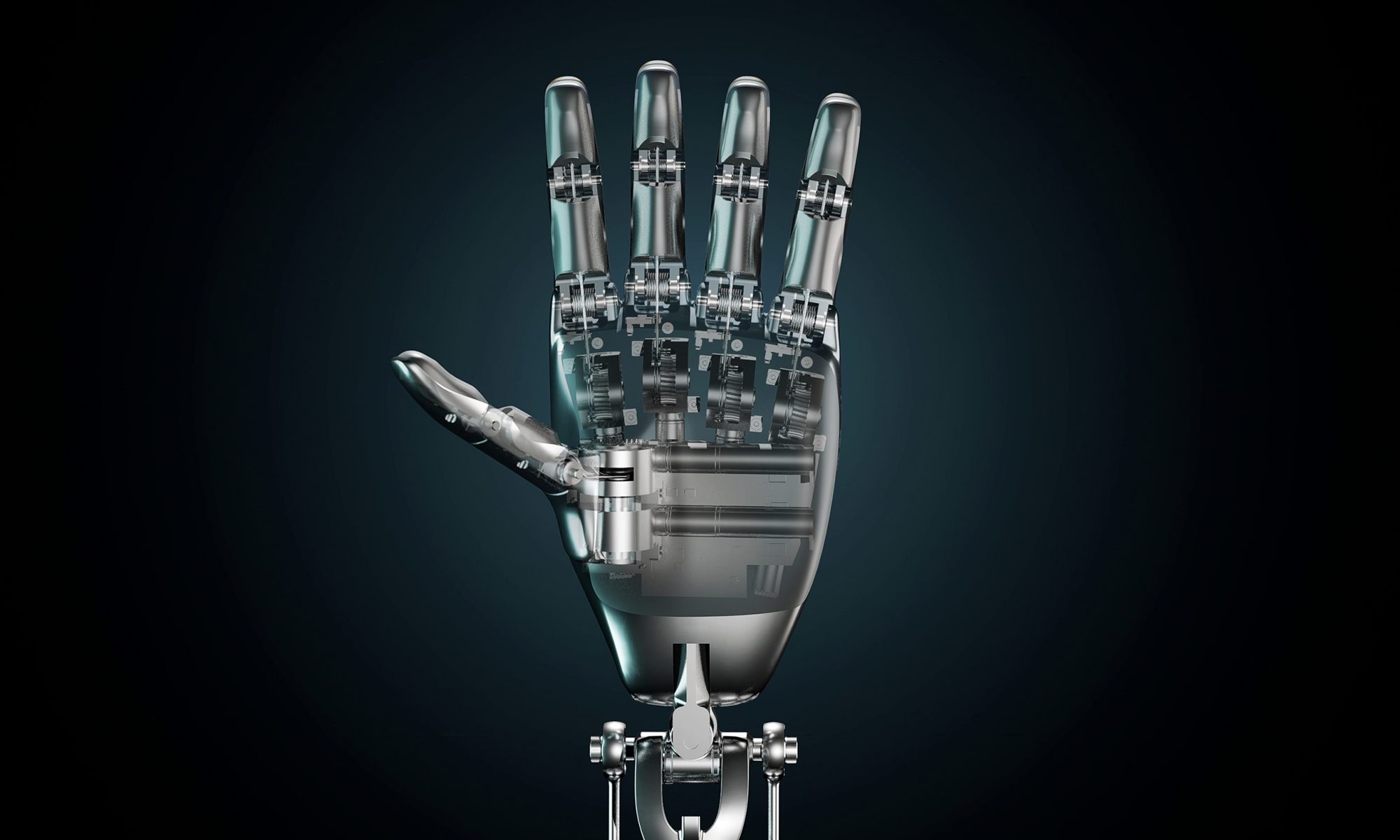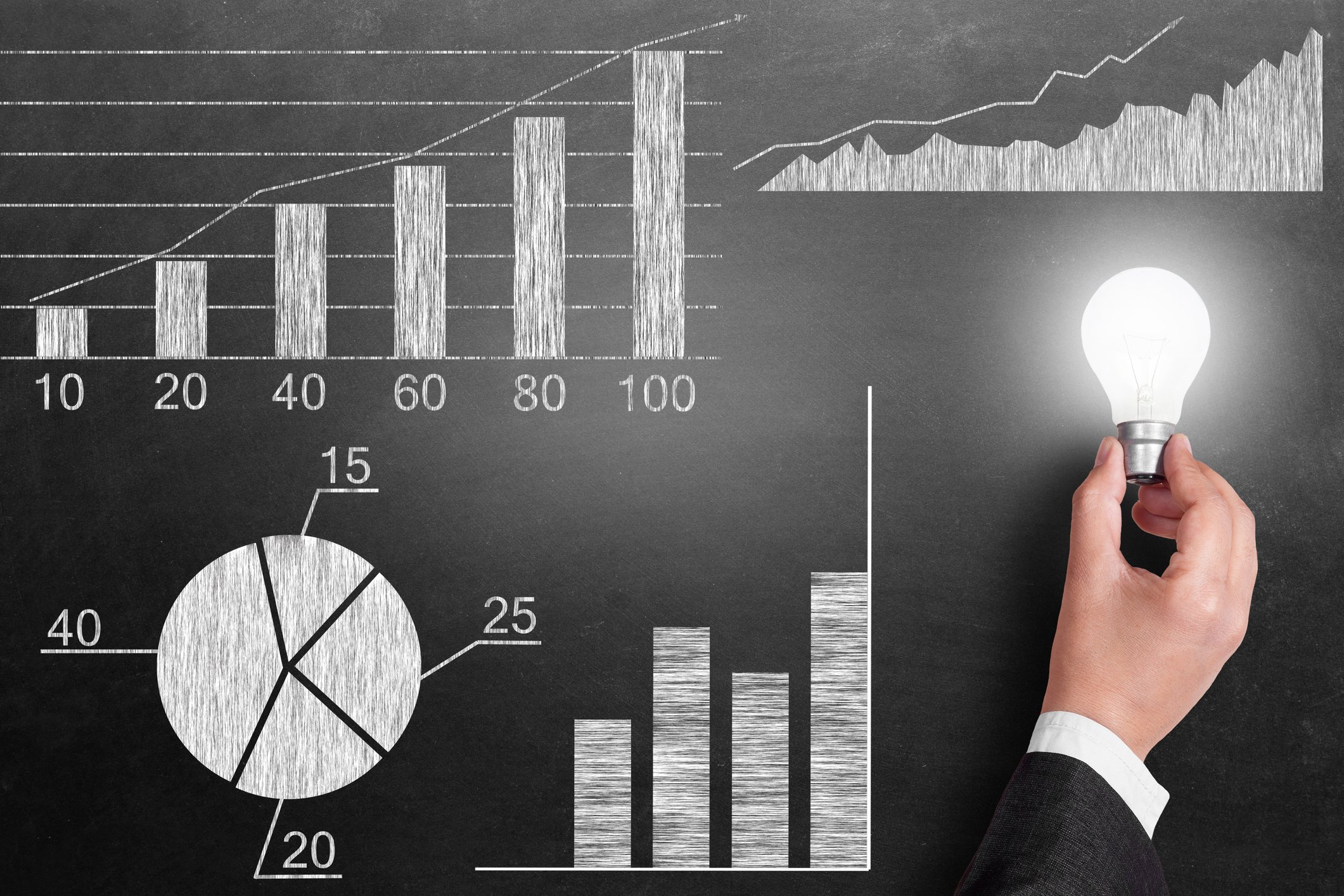Both Warren Buffett and Cathie Wood invest heavily in artificial intelligence (AI). All of their largest tech plays -- and some of their non-tech stocks -- use AI in some form.
But this success was despite radically different investment approaches. Buffett's team at Berkshire Hathaway made its biggest AI bet on Apple (AAPL 0.56%), while Cathie Wood and her associates at Ark Invest chose Tesla (TSLA +0.31%) as its biggest AI investment. Although both stocks have outperformed the market by a wide margin, one approach holds a deeper potential for AI-driven success than the other.
Comparing the two AI investment approaches
As mentioned before, both Buffett and Wood hold extensive AI investments. Buffett's investments such as Amazon and banks like Bank of America use AI extensively. By comparison, Wood's investments are more tech-heavy portfolios consisting mostly of smaller large caps. Her fund holds AI stocks like UiPath, Zoom, and numerous others.
But despite owning several AI stocks, Buffett has said relatively little about the technology. He stated at his 2017 shareholders meeting that it could bring notable productivity gains and significant job losses.
Still, he has typically avoided smaller, money-losing stocks built on cutting-edge technologies such as AI. His team has given no indication that it owns Apple or any other AI stock specifically because of artificial intelligence.
Wood takes a more direct approach. She believes AI will be one of the major pillars of innovation over the next few years, calling the potential productivity gains "astounding and shocking." Such a prediction might have led her team to place a price target of about $1,500 on Tesla by 2026.
Apple vs. Tesla as AI stocks
Apple does not publicly discuss which of its products and services use AI. Nonetheless, virtually all of its products, especially the iPhone, appear to integrate AI on numerous levels. Functions such as Siri, texting, Face ID, Apple Maps, and Apple Photos reportedly use AI functionality in some form.
Apple has also reached out to the academic community. Programs such as Apple Scholars and its AIML Residency Program tap into knowledge from numerous disciplines to develop new AI applications.

NASDAQ: AAPL
Key Data Points
In contrast, Tesla has addressed AI more directly. For one, it developed semiconductors to power AI. Among these is the FSD chip to control autonomous driving features, and the Dojo chip, Tesla's semiconductor designed for deep learning. And the automaker develops AI software to improve the driving experience.
While both companies will likely excel in AI development, Tesla might have a slight advantage as an investment. Its market cap is under $600 billion, compared with Apple's market cap of nearly $2.6 trillion. Thus, Tesla will have an easier time achieving higher-percentage growth.

NASDAQ: TSLA
Key Data Points
In 2022, Tesla grew revenue by 51% year over year. In contrast, Apple's revenue fell slightly in its fiscal first quarter of 2023 (ended Dec. 31, 2022), and in fiscal 2022, it grew revenue by only 8%.
Although Apple's revenue increases could return to double-digit levels, it is unlikely to match a monster growth stock like Tesla. But Apple will probably remain cheaper from an earnings perspective, as Tesla's faster growth led to a premium valuation in the stock.
AAPL PE Ratio data by YCharts. PE = price to earnings.
Apple or Tesla?
Although both companies should continue to excel with AI development, the financials probably make Tesla the potentially more profitable stock. Not only is it smaller, but its revenue also grows at a considerably faster pace. Even at nearly double the price-to-earnings ratio, the difference in growth probably gives Tesla stock more growth potential.
Investors should not count out Buffett or Apple stock, and more-conservative shareholders might prefer his approach. But when it comes to AI-driven success, following Wood into Tesla stock is probably the more lucrative choice for growth investors.












